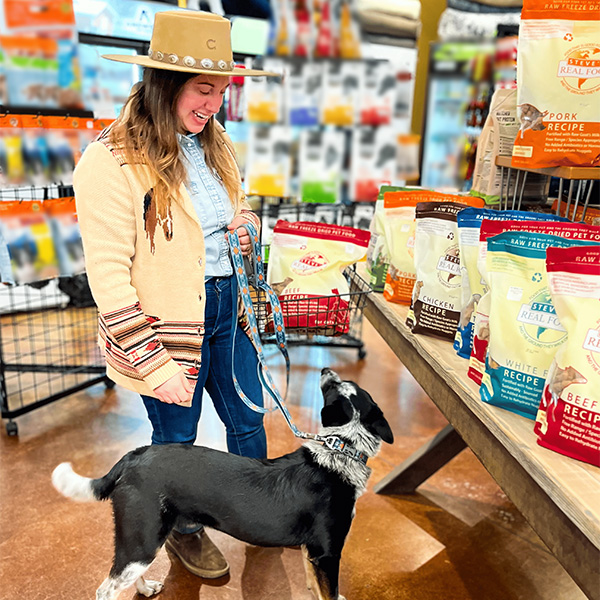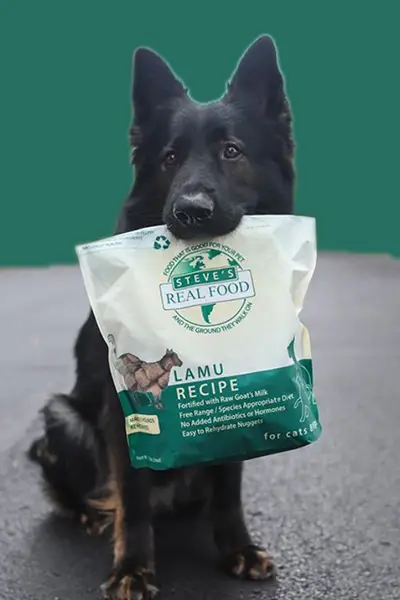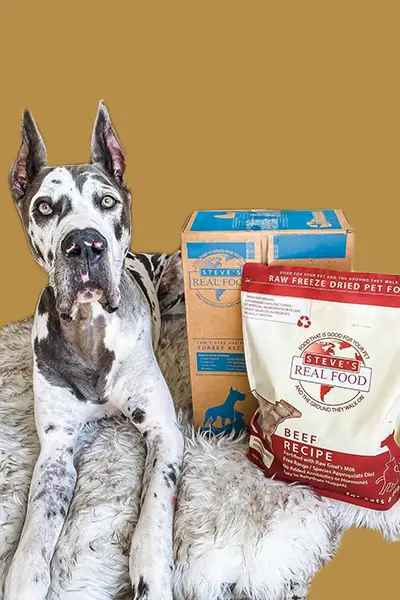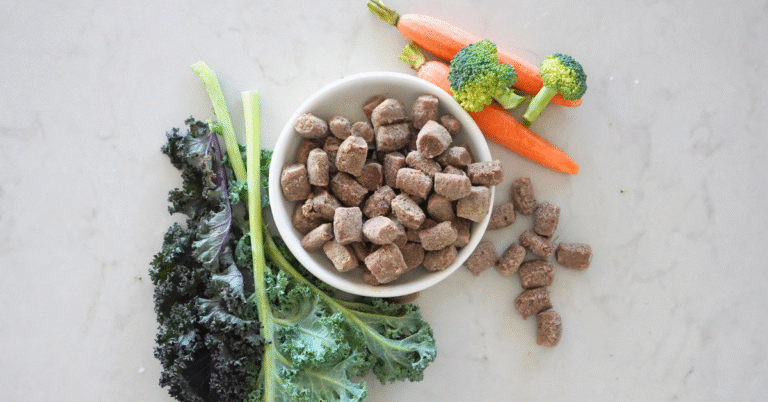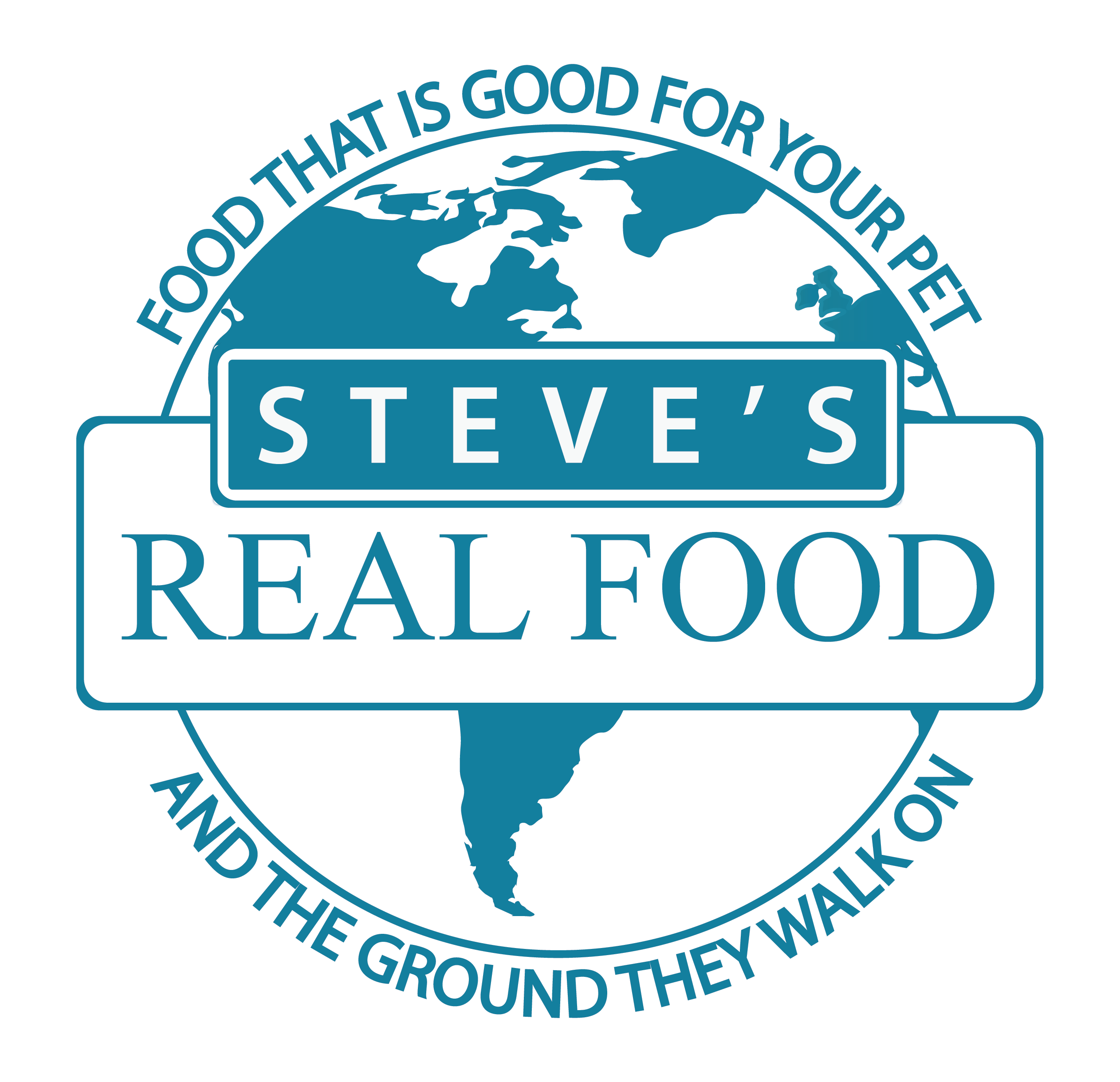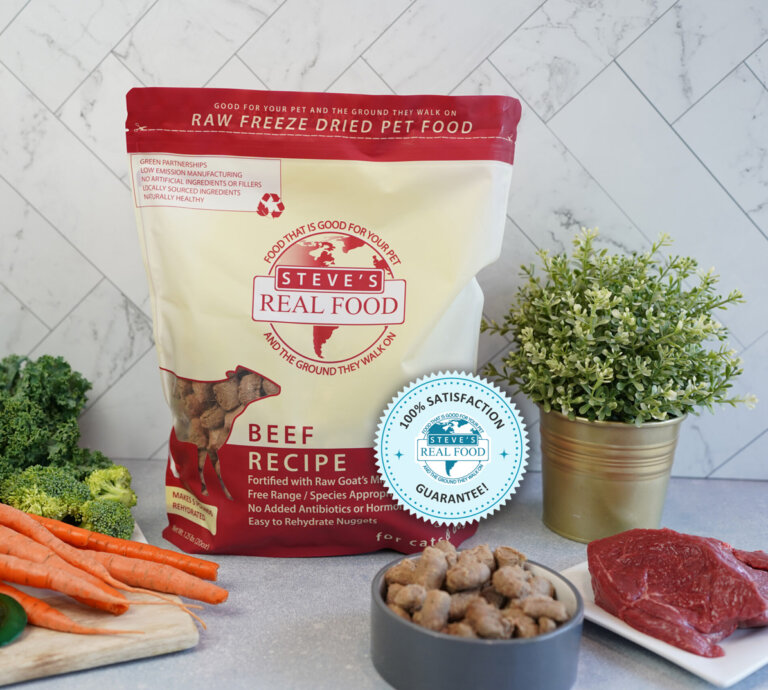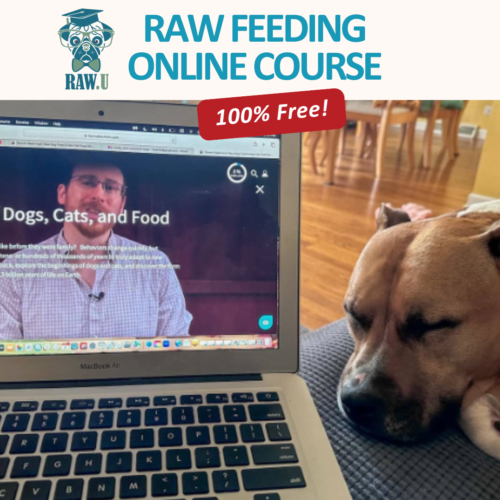Natural, whole raw foods contain numerous enzymes and phytochemicals that modern science has discovered are important for proper nutrition in humans and laboratory animals. This holds true for dogs and cats as well.
Enzymes are specialized protein substances that are involved in all the dog’s activities. Even thinking requires enzymes. Enzymes are found abundantly in fresh, minimally processed natural foods.
Enzymes are deactivated or destroyed at temperatures above 118 to 170 degrees F; therefore there are no enzymes in processed dog foods. This forces the dog’s digestive enzymes to do all the work and perhaps puts a strain on the dog’s ability to manufacture necessary metabolic enzymes.
It is believed that one of the reasons we see such immediate improvements with older dogs when converting them from kibble to raw meat-based diets is because of the increased levels of enzymes they are getting. As a dog ages, the secretion of enzymes is gradually reduced, and the benefits of eating natural foods with enzymes increase.
When we think of disease-fighting nutrients, we no longer think of A or E, or C. We seek out essential nutrients, phytochemicals, and flavonoids in produce and herbs. Phytochemicals are naturally occurring compounds in vegetables and fruits that are getting increasing attention from researchers looking into the connection between diet and disease. Some phytochemicals function as antioxidants. Epidemiological evidence from more than 200 studies links the consumption of foods rich in phytochemicals with decreased risks for certain diseases ranging from some cancers to aging to some forms of dysphasia. For instance, the sulforaphane found in broccoli has been shown to help prevent certain types of cancers.
Fruits and vegetables have hundreds of antioxidant compounds. Some, like vitamin C, are destroyed by heat. Researchers have a growing consensus that a variety of whole foods — not supplements — should be the source for antioxidants. Many of the antioxidants identified as having a health-protective effect represent a group of compounds found in the intact food, which in concert provide the health-protective effects. The selected antioxidant alone will not yield the entire health benefit. “Vitamin research has only scratched the surface in understanding subclinical deficiency states, bioavailability, and nutrient-nutrient interaction.”(The Nutrition Desk Reference, Garrison and Somer, 1995.) One needs to eat the natural, intact vegetable or fruit, with the full complement of natural phytochemicals, to yield the entire health benefit. Raw forms of vegetables and fruits are the most consistently associated with lower risk of cancer. (Steinmetz and Potter, “Vegetables, fruits, and cancer.” 1991).
In sum, people, laboratory animals, dogs, and cats need some whole, intact foods in order to be at their best. One cannot replace or add all the enzymes, antioxidants and phytochemicals that are destroyed or altered in processing.
 Beef
Beef Chicken
Chicken Whitefish
Whitefish Pork
Pork Lamb
Lamb Turkey
Turkey Turducken
Turducken All Protein
All Protein Beef
Beef Chicken
Chicken Whitefish
Whitefish Pork
Pork Lamb
Lamb Turkey
Turkey Duck
Duck All Products
All Products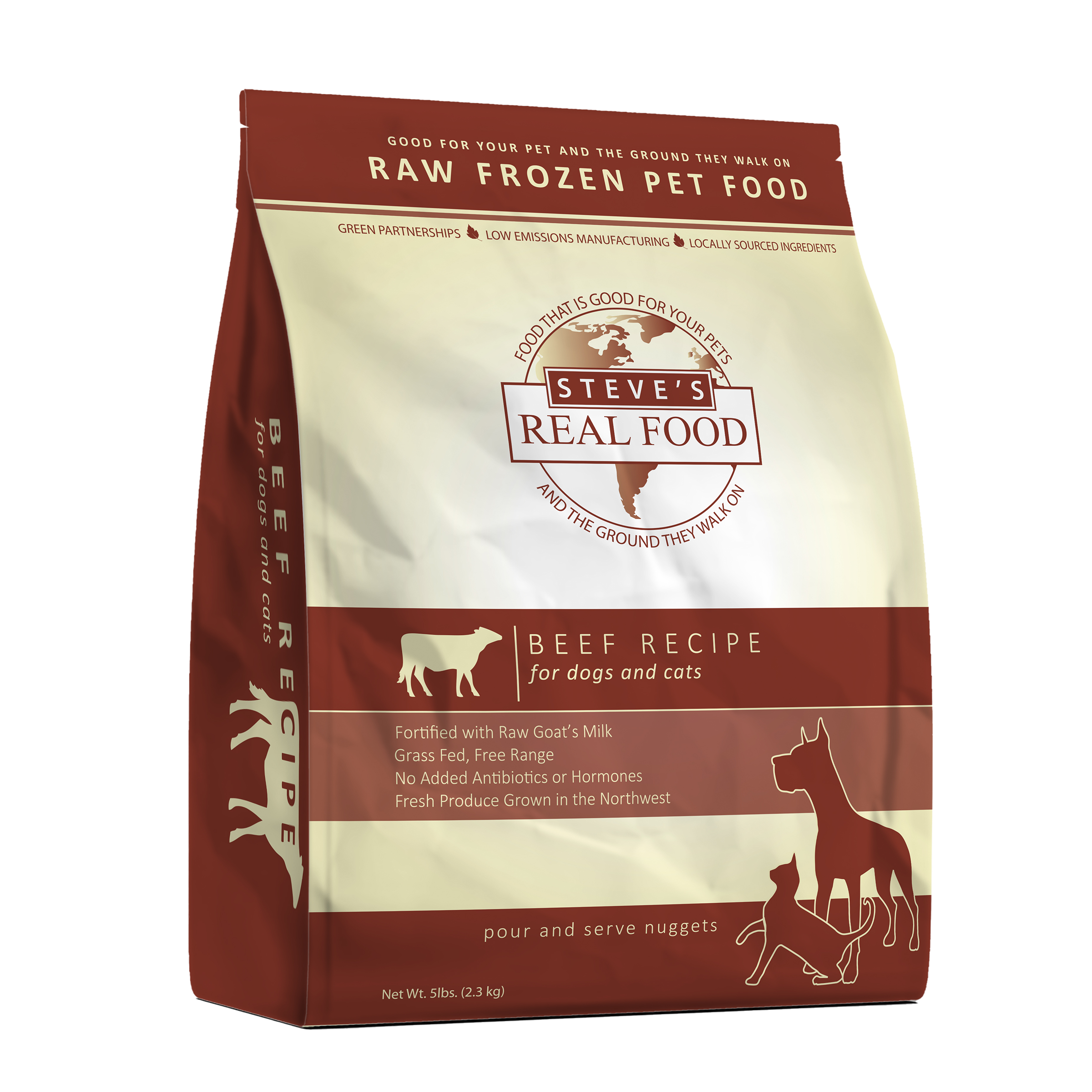 Frozen Raw Pet Food
Frozen Raw Pet Food
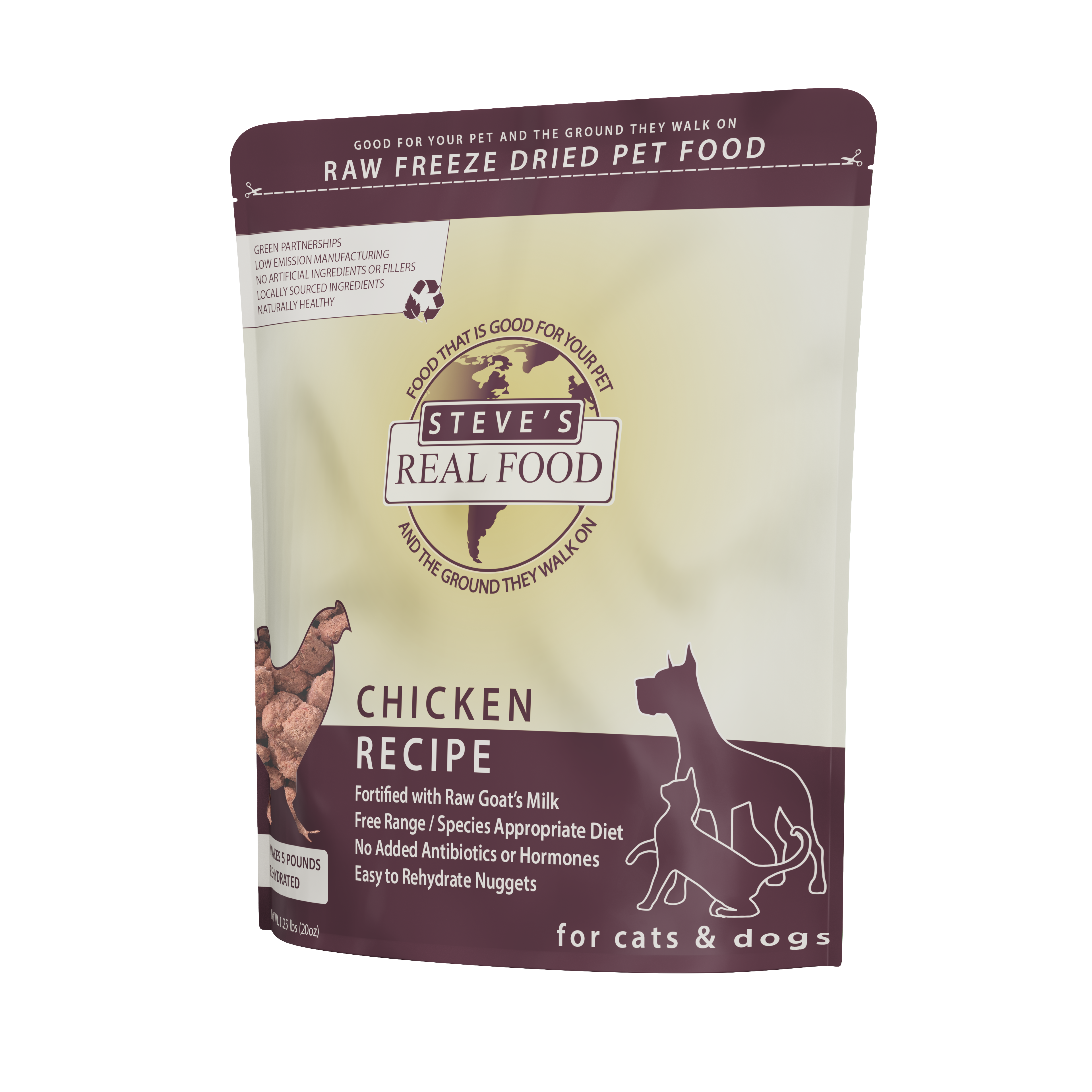 Freeze Dried Raw Pet Food
Freeze Dried Raw Pet Food
 Frozen Prey Diet
Frozen Prey Diet
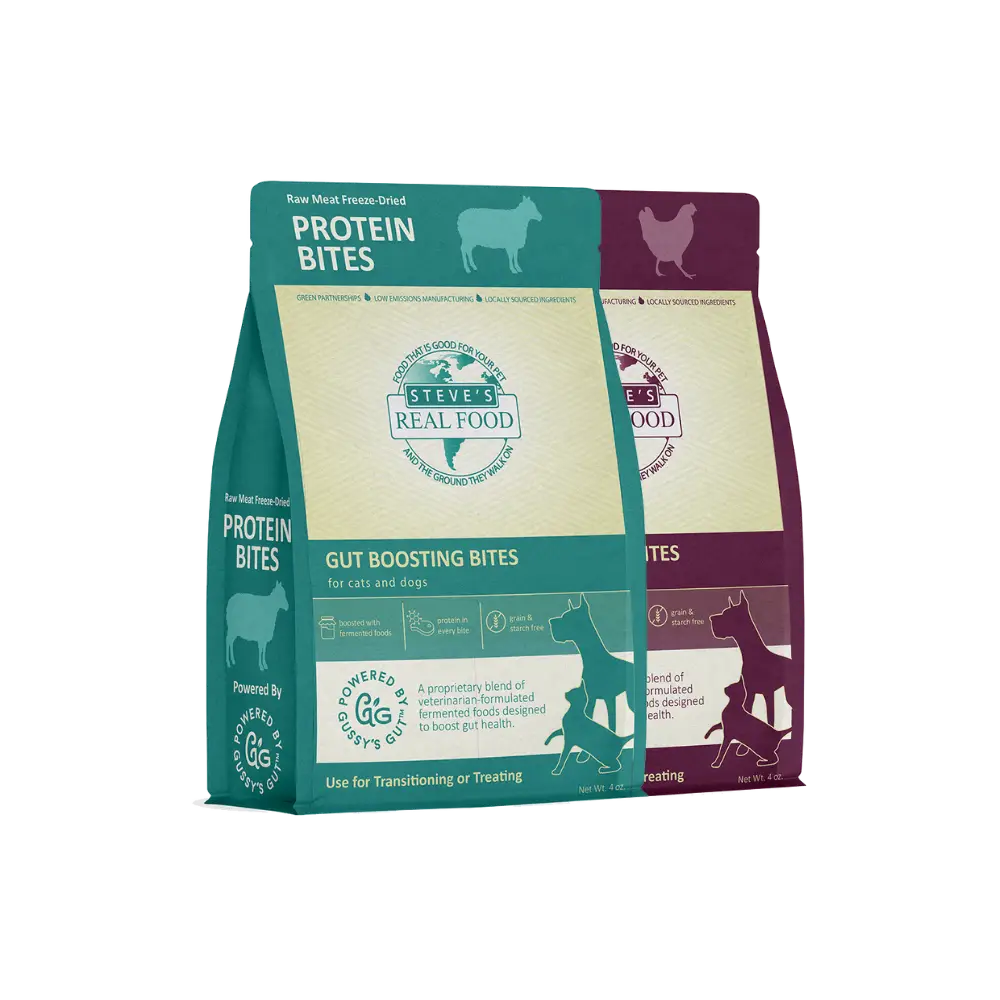 Freeze Dried Protein Bites
Freeze Dried Protein Bites
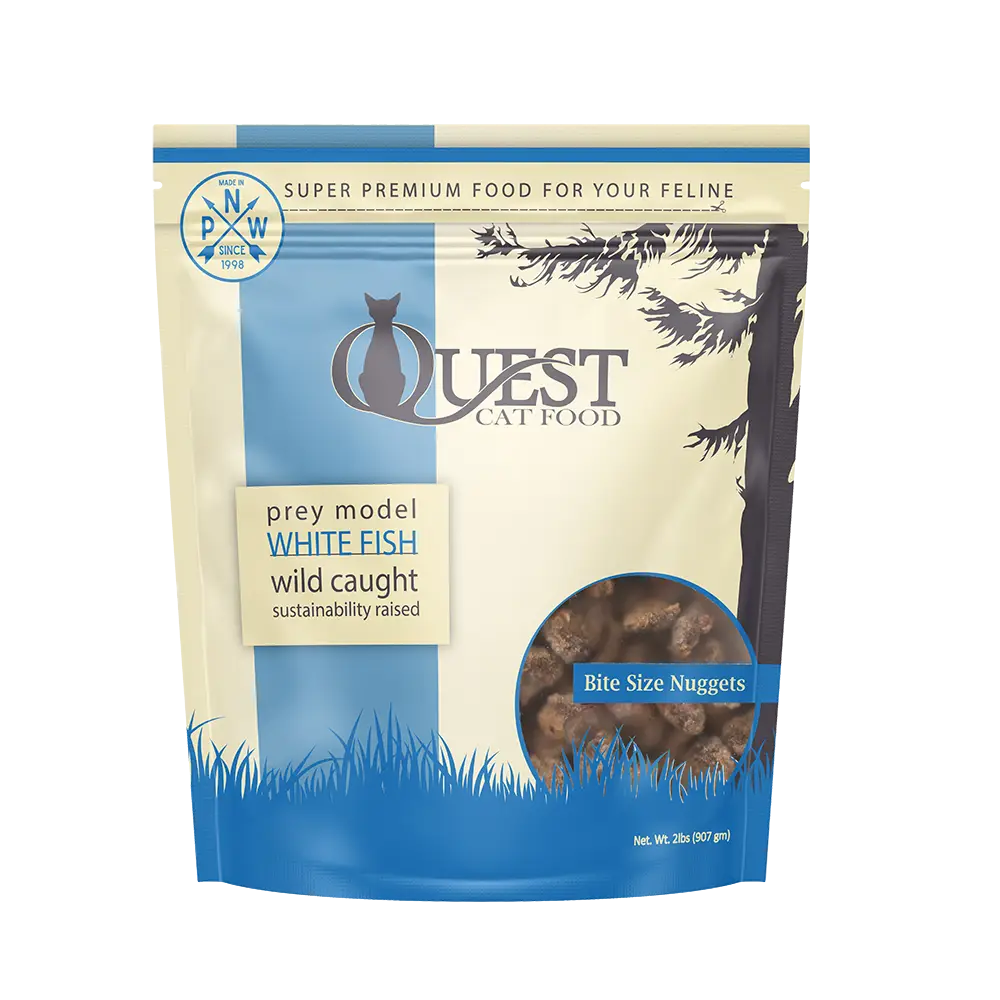 Frozen Quest
Frozen Quest
 Freeze Dried Quest
Freeze Dried Quest
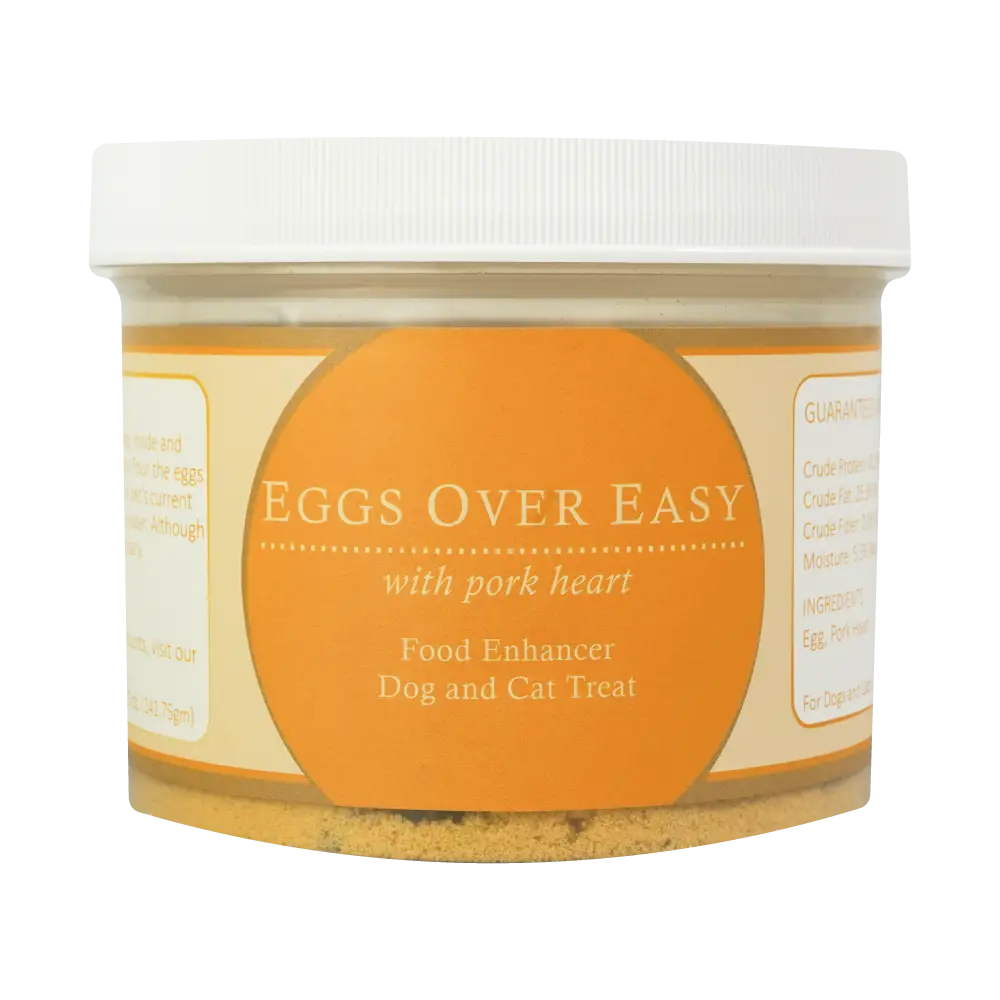 Eggs over Easy
Eggs over Easy
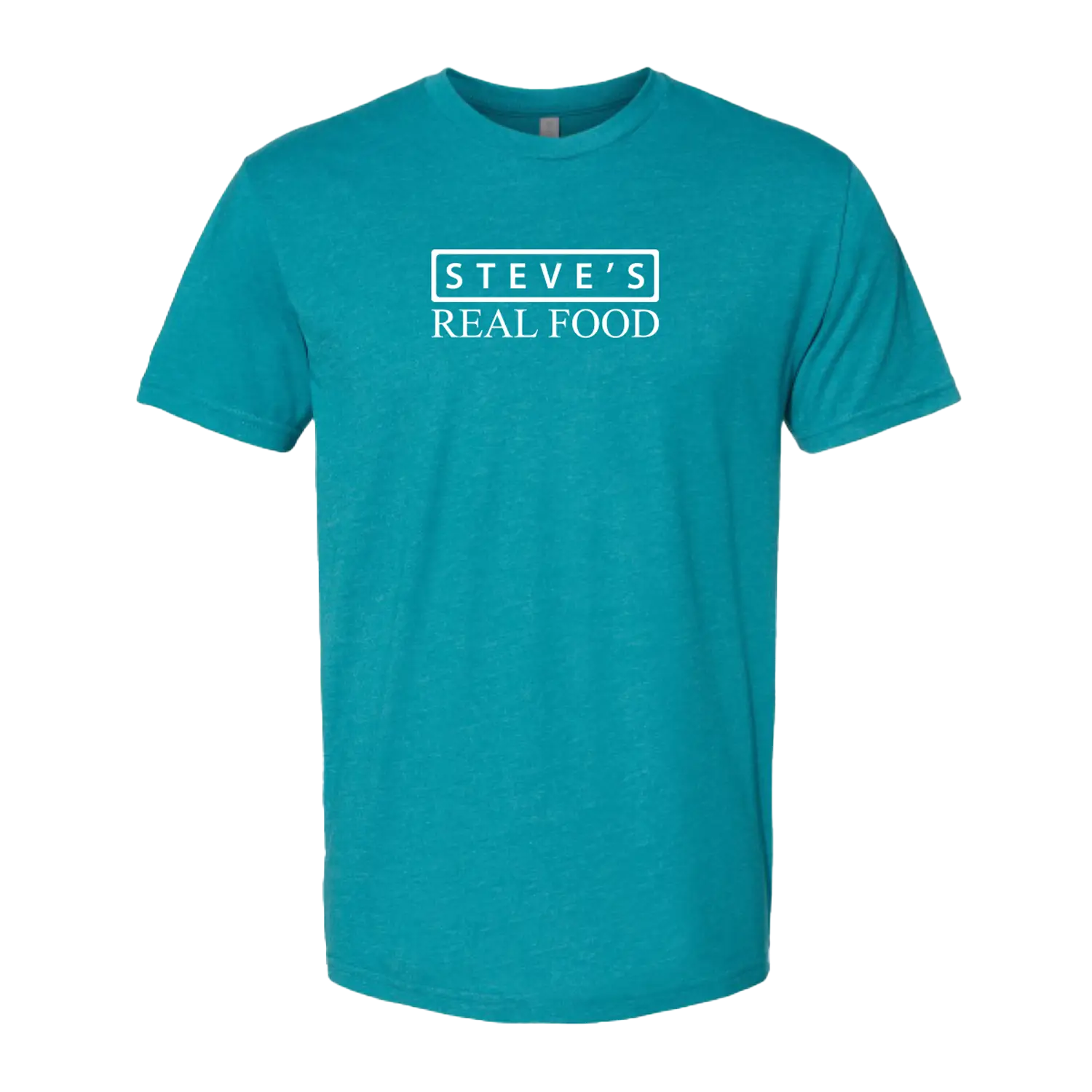 Steve's Merch
Steve's Merch 